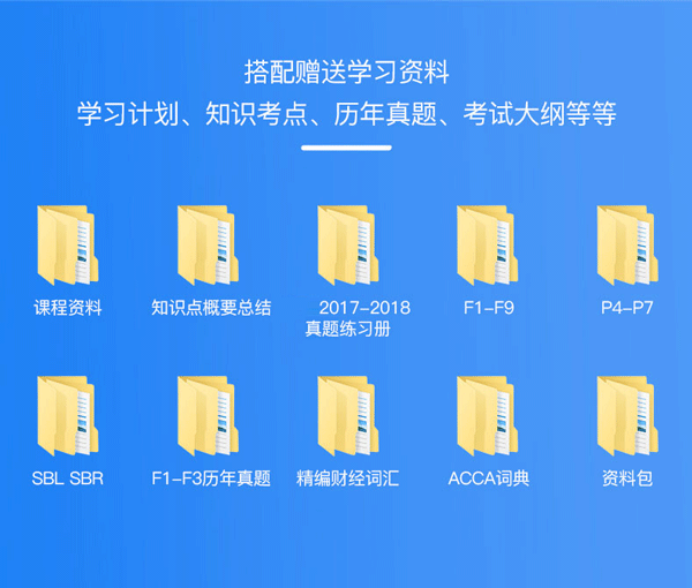作为一个财会人,不仅要掌握ACCA考试的基本知识点,还需要 把所学的知识运用到工作中去才可以。财会进行报表的制作是很常见的事情,那么,ACCA考试合并报表常见的考点有哪些?
ACCA考试合并报表是学员常会考的知识点,因此在备考的时候学员需要知道含义的理解及掌握,同时还需要对ACCA考试的内容进行分析及运用。

1、判断控制成立的条件:
An investor controls an investee if and only if the investor has all the following(形成控制同时需要满足以下三大条件):
A)Power over the investee to direct the relevant activities;
B)Exposure,or rights,to variable returns from its involvement with the investee;
C)Ability to use its power over the investee to affect the amount of the investor’s returns.
2、购买对价consideration计算:
Consideration may consist of(常见的对价有cash和shares两种)
A)Cash(以cash的形式进行收购,直接记录cash值)
P purchased xx shares/xx%of shares of S for XX
P purchased xx shares/xx%of shares of S for XX per share
B)Shares(以股换股)
Share exchange on a X for Y basis(代表每获取子公司Y股股票,母公司需付出X股股票)
3、商誉的计算:
Goodwills=Considerations+NCI at acquisition date-FV of net assets of S at acquisition date
计算Goodwill的时候,用的是consideration的公允价值,加上NCI的公允价值,减去子公司的净资产(net assets)。其中的retained earning和share capital,是用子公司在收购日当天的数字。
4、未实现利润PUP(provision for unrealised profit)的计算:
首先根据内部销售的售价和成本把利润算出来,再考虑期末还没卖出去的(还留在库存里的部分)对应的比例,计算出这部分unrealised profit的值。
备考ACCA考试中你是不是无从下手,也不知道该怎么备考,这不,这边为你准备了ACCA备考攻略和资料,有需要的在线咨询或者添加老师微信:rongyuejiaoyu












